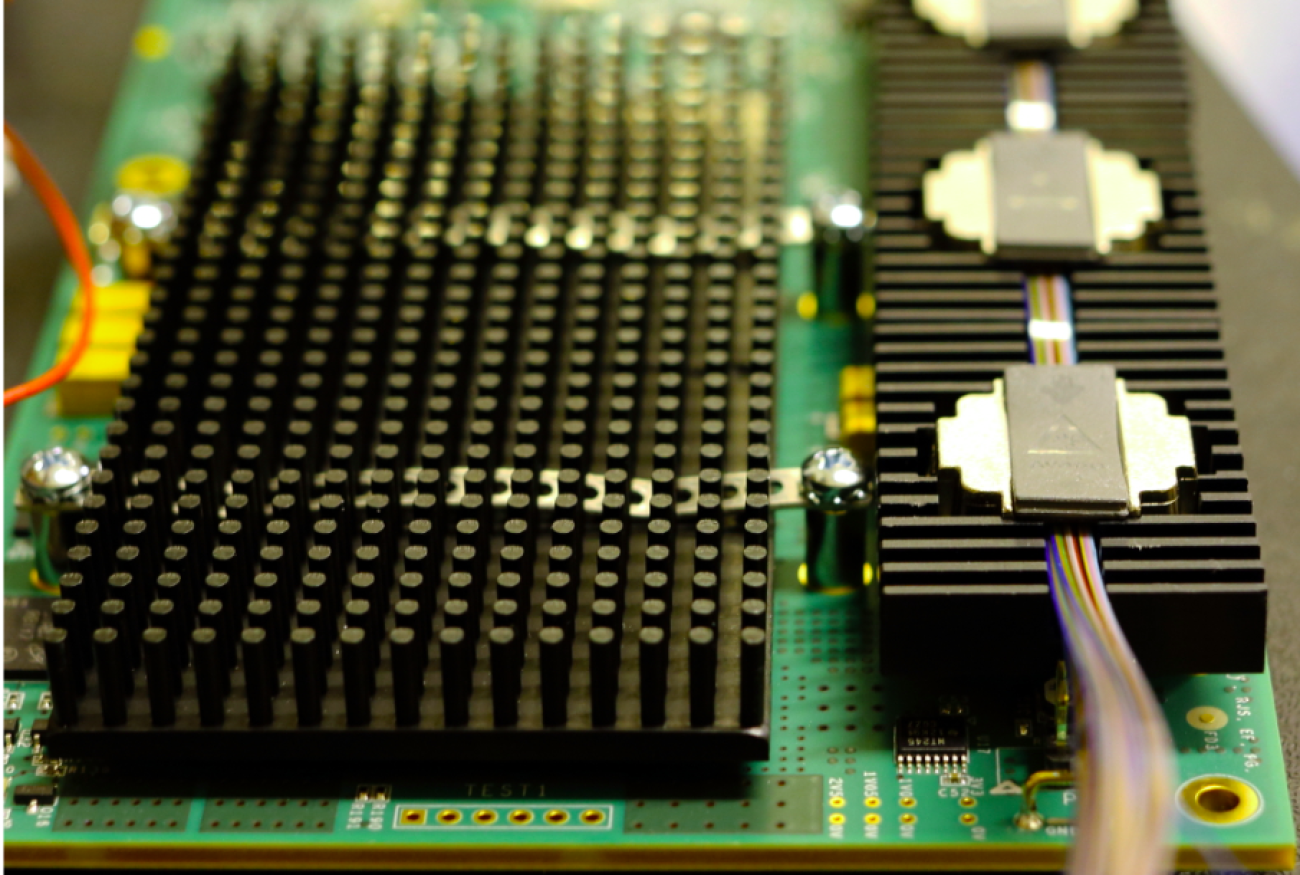DRD7: An R&D Collaboration Pioneering Electronics for Future Particle Detectors

On June 5, 2024, the CERN Research Board approved the DRD7 Collaboration for an initial three-year period. The collaboration will focus on developing and demonstrating new electronic hardware, firmware, and software concepts. Its main goal is to pursue disruptive and transformative innovations, but it will also facilitate access to expertise, tools, and industry processes, while acting as a focal point for developing future common standards and practices.
The collaboration will bring together experts from 68 European and international institutes across 19 countries, ranging from large laboratories to individual researchers with specialized skills. It will support both specific technical goals in electronics and the broader strategic recommendations of the 2021 ECFA detector R&D roadmap. CERN's Experimental Physics (EP) department is a founding member of DRD7 and will contribute to three work packages as part of its EP R&D program.
High-performance electronic systems are critical for all future detector projects. However, the complexity and cost of these developments are growing rapidly, making it increasingly difficult for any single institute to tackle them alone. This challenge requires a broader range of expertise across various technologies, better coordination, and improved collaboration methods within the field.
The DRD7 collaboration will provide a platform to address these needs. By adopting open development practices and promoting the sharing of intellectual property (IP), it aims to enhance the efficiency and capabilities of all participants. CERN and other large laboratories will continue to facilitate access to advanced tools and technologies on behalf of the entire collaboration. Common standards for IP integration, interfaces, and well-supported workflows for system and component design, simulation, and verification will underpin this effort.
For an initial period of three years, the collaboration will focus on developing and demonstrating new electronic concepts. It has outlined 15 R&D projects, grouped into six development areas, referred to as Work Packages (WP7.1 to WP7.6), aligned with priority themes from the ECFA detector R&D roadmap. These projects will deliver specific technical solutions and serve as pioneers for a new cooperative approach to electronics development. A seventh area (WG7.7) will establish a working group to propose a hub-based structure for future ASICs development within the high-energy physics community.
DRD7 work packages, working groups, and projects are detailed in Table 1, and their full descriptions are available in the DRD7 proposal.

DRD7 work packages, working groups and projects.
On September 9-10, 2024, members of the DRD7 collaboration met at CERN for the first time, following two previous workshops aimed at shaping the vision and forming project teams.
Progress reports and plans were presented, while the election process of the future Collaboration Board Chair was launched. The Collaboration-forming process is thus in full swing, while technical collaborative work is proceeding in parallel.

Participants of the 3rd DRD7 workshop gathered at CERN on September 9-10, 2024, to advance their collaboration on pioneering electronics for future particle detectors. The workshop featured insightful presentations, discussions, and the launch of the election process for the first Collaboration Board Chair. This meeting marked a significant step in uniting experts from across 68 institutes to push the boundaries of related technologies and processes [CERN-PHOTO-202409-202-2].
Looking Ahead
Though still in its early stages, the DRD7 Collaboration has already attracted significant attention from the scientific community. In the coming years, DRD7 researchers will explore new and disruptive electronic technologies, working together to streamline their workflows and strengthen their collaboration. Their ultimate goal is to deploy groundbreaking systems in future experiments at CERN and other major research facilities worldwide.
Further Reading
[1] ECFA Detector R&D Roadmap Process Group. The 2021 ECFA detector research and development roadmap. Technical report, Geneva, 2021. https://cds.cern.ch/record/2784893
[2] DRD7 proposal: https://cds.cern.ch/record/2901965?ln=en
[3] DRD7 3rd workshop: https://indico.cern.ch/event/1436991/
